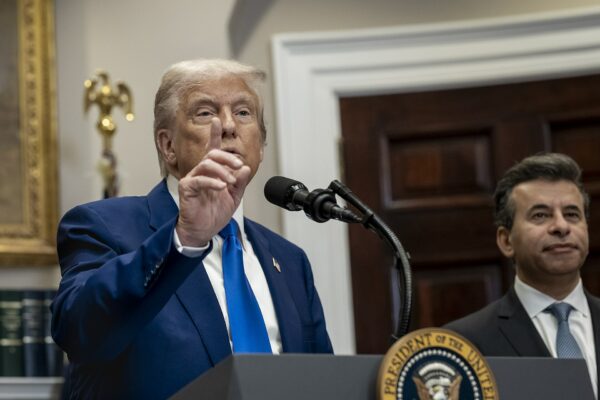President Donald J. Trump’s proposal to introduce 50-year mortgages into the U.S. housing market has set off a fresh debate among economists and real-estate analysts, as policymakers once again confront the challenge of expanding homeownership in an era of high prices and strained affordability.
The plan aims to lower monthly payments for Americans by stretching loan terms far beyond the traditional 30 years. But critics warn that the extended timetable could create new financial vulnerabilities for borrowers.
Mark Zandi, chief economist at Moody’s Analytics, argued that the longer loan horizon would slow equity accumulation and leave homeowners with less financial protection, heightening the risk of default. His concerns echo an unease among some housing economists who question whether longer mortgages truly address the underlying issues of affordability and supply.
Although the United States has rarely experimented with 50-year mortgages, the idea is far from novel on the global stage. Many countries routinely offer 50-year or even 100-year loans. The United Kingdom authorized lenders to begin offering 50-year mortgages in August 2022, and both Japan and Switzerland still permit 100-year mortgages.
Despite that global precedent, Zandi cautioned that interest rates on ultra-long mortgages would “likely be significantly higher,” a trade-off that could erode the monthly savings the policy is designed to provide. Joel Berner, a senior economist at Realtor.com, drew a similar conclusion, noting that borrowers could end up paying nearly twice as much interest over the life of a 50-year loan compared with a 30-year mortgage. Any perceived savings, he warned, could be quickly overshadowed by rising home prices.
Whether the proposal gains traction remains uncertain. But in raising the prospect of 50-year mortgages, the Trump team has revived a broader discussion about the structure of the American housing market—one in which the search for affordability continues to collide with questions of long-term financial risk.
[READ MORE: Florida Democrat Accused of Diverting FEMA Funds to Boost Congressional Campaign]








